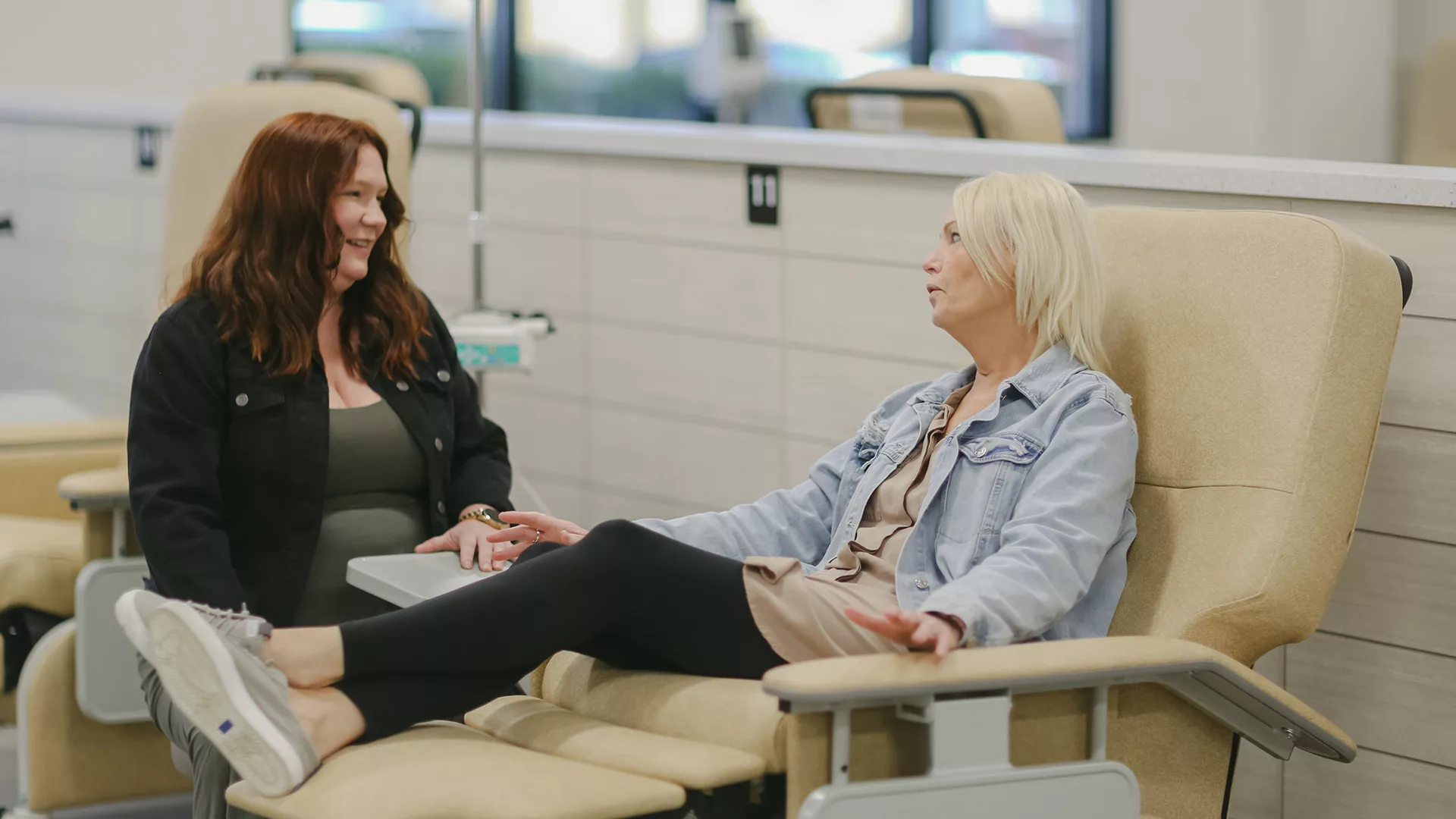Breast Cancer Subtypes and Treatments
Not all breast cancers are the same. Subtypes are defined by whether cancer cells have certain receptors or proteins, which helps determine the best treatment options. At Lowcountry Oncology Associates, we test each tumor carefully and design a treatment plan based on its biology.
Understanding your breast cancer subtype helps explain why certain treatments are recommended and whether clinical trials may be an option.
Talk to us about your subtype, and we will help you understand what it means for your care.

Triple-Negative Breast Cancer (TNBC)
What TNBC Means: Triple-negative breast cancer is a type of breast cancer that does not have estrogen receptors (ER), progesterone receptors (PR), or excess HER2 protein. Because it is negative for all three, hormone therapy and HER2-targeted therapies are not effective. TNBC can be more aggressive and may return earlier than other types, but effective treatment options are available.
How It’s Treated: The main treatments for TNBC are chemotherapy and, in certain cases, immunotherapy. Immunotherapy helps the immune system recognize and attack cancer cells and may be combined with chemotherapy in some patients. Surgery and radiation are often part of the overall treatment plan.
Clinical Trials: Because TNBC can be harder to treat with standard therapies, patients may be offered clinical trials that test new medicines or treatment combinations. Our team will discuss whether a clinical trial is appropriate for your situation.
Frequently Asked Questions
What makes TNBC different?
TNBC lacks ER, PR, and HER2, so it does not respond to hormone or HER2-targeted therapy.
What is the main treatment for TNBC?
Chemotherapy is the standard treatment. Some patients also benefit from immunotherapy.
Are clinical trials important for TNBC?
Yes, clinical trials offer access to promising new treatments that may improve outcomes for TNBC patients.
HER2-Positive Breast Cancer
HER2 Testing: HER2 stands for human epidermal growth factor receptor 2. HER2 testing checks whether the cancer has too many HER2 proteins on its surface.
HER2-Targeted Therapy: If your cancer is HER2-positive, HER2-directed therapy is a key part of treatment. Medicines such as trastuzumab or pertuzumab attach to HER2 proteins and block signals that make cancer cells grow. These therapies are often combined with chemotherapy or other treatments for stronger results.
Side Effects & Monitoring: HER2-directed therapies are generally well tolerated but can affect the heart in rare cases. Regular heart monitoring with echocardiograms or other imaging may be recommended during treatment.
Frequently Asked Questions
What does HER2-positive mean?
It means your cancer cells make too much of the HER2 protein, which can cause them to grow more quickly.
What is HER2-directed therapy?
It is a treatment that targets the HER2 protein, slowing or stopping tumor growth.
Will I still need chemotherapy?
In many cases, yes. HER2 therapies often work best when combined with chemotherapy.
Other Breast Cancer Subtypes
Hormone Receptor Positive (ER/PR Positive)
The most common breast cancer subtype is hormone receptor positive, meaning it has estrogen receptors, progesterone receptors, or both. Hormone therapy medicines can block or lower hormones to slow cancer growth and reduce recurrence.
Rare Subtypes
Other less common breast cancers include inflammatory breast cancer, lobular breast cancer, and others. The team at Lowcountry Oncology Associates provides a personalized plan for every patient, no matter the subtype.
Take the Next Step
Understanding your breast cancer subtype is one of the most important steps in creating a treatment plan that works for you. Our team at Lowcountry Oncology Associates will explain what your subtype means, guide you through your therapy options, and connect you with clinical trials when appropriate.

